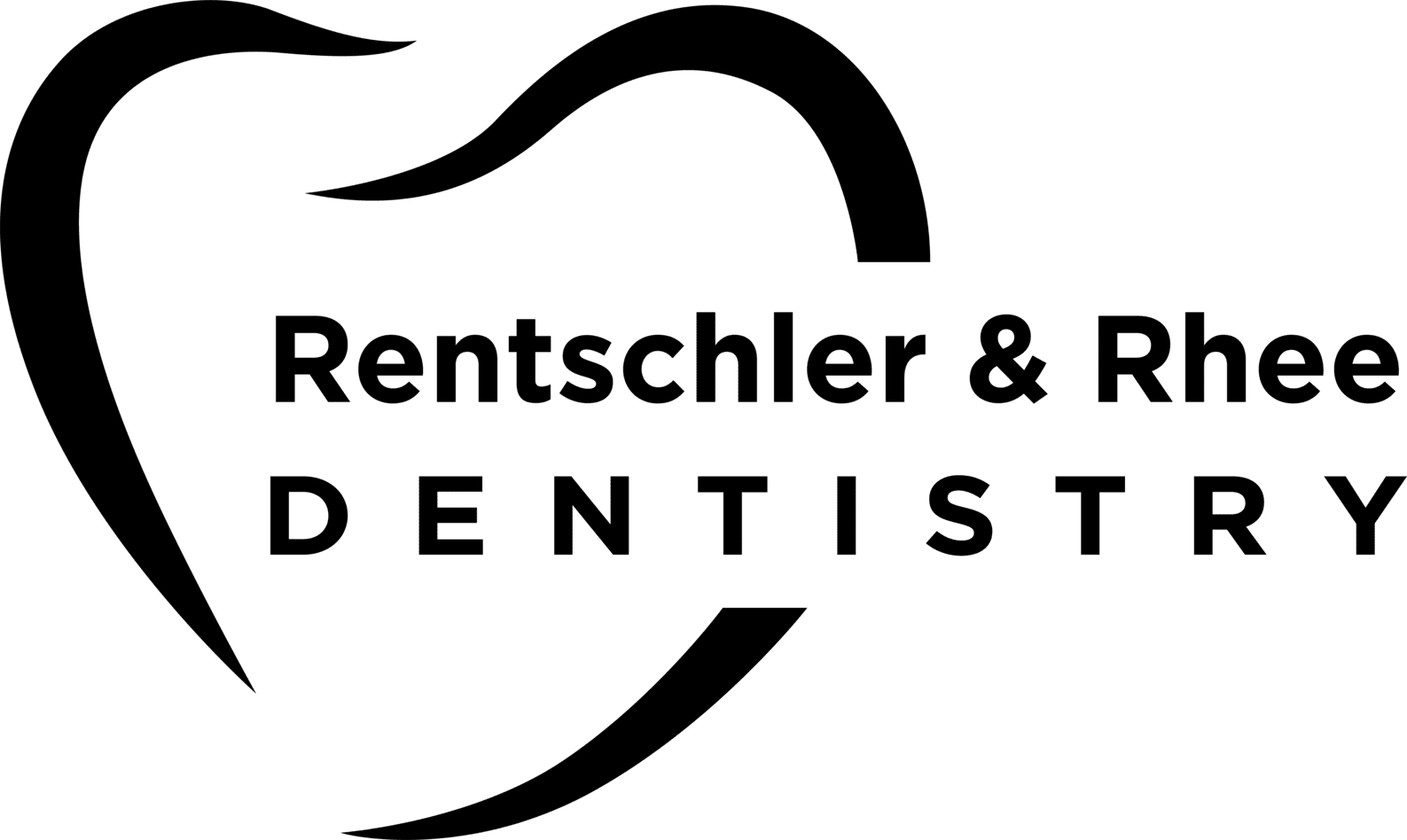Protect Your Health with Oral Cancer Screenings
When you visit Rentschler and Rhee Dentistry, you’ll receive a full oral health exam every visit. One aspect of your oral health that Dr. Rhee watches for is the presence of oral cancer symptoms. Oral cancer is a condition that can be treated with a high amount of success when caught early. This is why an oral cancer examination is part of every visit to our clinic.
Did you know?
That oral cancer is one of the most dangerous types of cancer in America? Although it only affects approximately 42,000 people annually, only 64 percent of those diagnosed with the disease survive at least five years after diagnosis. Oral cancer often goes undiagnosed for long periods of time due to a lack of obvious signs and symptoms. By the time visible lesions appear, it is often too late for successful treatment. Early detection of oral cancer can significantly improve cancer outcomes.
Stay Vigilant For Oral Cancer
Oral cancer is often tricky to identify as its symptoms and indicator can be hard to spot. When spotted as part of a cancer screening, tests will be ordered to confirm the diagnosis. This is essential to increasing survivability. Thankfully, oral cancer has a high survival rate when caught in its earliest stages. Oral cancer screenings increase survivability by ensuring the signs are caught as early as possible.
Some of the earliest signs of oral cancer include the following:
- Sores that worsen or fail to close over time.
- Difficult swallowing, chewing, moving the jaw or tongue
- Patches of red or white that form in the mouth or throat
- Lumps forming within the oral cavity
- Hoarseness or cases of chronic sore throat
Oral cancer screenings are a life-saving part of your standard visit, starting with checking for signs of this condition. A special light may be used to identify abnormalities that otherwise would be hidden from the naked eye. When a concern is identified, you’ll be advised to follow up with your PCP for further testing and examination.
While there is no way to ensure you will not develop oral cancer, you can take steps to reduce your risk. One of the most prominent causes is excessive alcohol consumption and the use of tobacco products. It’s also important to use protection during sexual activity to prevent exposure to the Human Papillomavirus, or HPV. These steps don’t guarantee you will not develop oral cancer, but they improve your chances.
Oral cancer isn’t one type of cancer. Instead, it is a term that describes a range of cancers that occur in the orofacial area. Some examples of oral cancers include:
- Squamous Cell Carcinoma – This type of oral cancer accounts for 9 out of 10 cases. The soft lining of the mouth and throat is comprised mostly of squamous cells. These flat cells have a fish scale-like appearance when viewed under a microscope. Mutations in these cells can become cancerous.
- Verrucous Carcinoma – Accounting for only 5% of all oral cancers, this type of cancer is slow-growing. It often spreads to nearby tissue but rarely leaves the oral cavity.
- Lymphoma
– The tongue and tonsils both contain lymphatic tissue. When cancer develops within this tissue, it’s called lymphoma.
Take a Simple Step That Could Save Your Life
Oral cancer can be difficult to detect in its early stages—but early detection is critical for successful treatment. At Rentschler and Rhee Dentistry, every routine visit includes an oral cancer screening to protect your health and give you peace of mind. This quick, painless exam can catch warning signs before they become serious, helping you stay one step ahead. Prioritize your well-being with regular screenings and proactive care.


